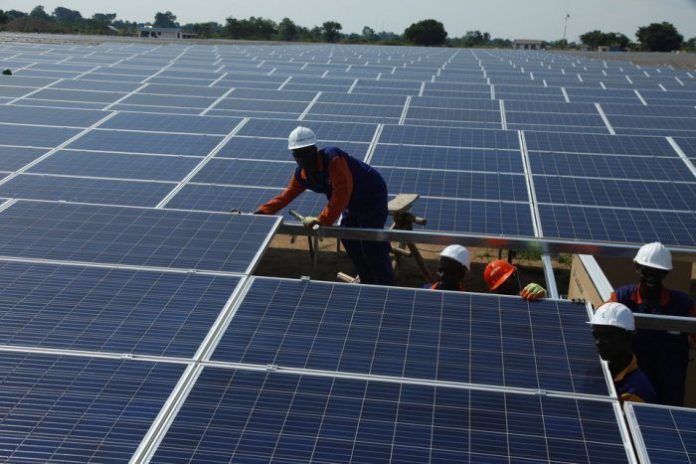A 120MW solar photovoltaic power plant is set to be constructed in Tunisia, following the awarding of a tender for the development of the project by the Tunisian Ministry of Mines and Energy and STEG (Société Tunisienne de l’Electricité et du Gaz”).
The tender was awarded to a consortium consisting of Euronext-listed French electric utility company, ENGIE and Morocco-based NAREVA. The consortium will develop, design, finance, and build the project, as well as operate and maintain (O&M) the solar plant dubbed ‘Gafsa plant’ over a period of 20 years from commissioning.
North African nation’s development programme
The project is among the first solar plants being developed under the independent power producer (IPP) model in the country and part of the North African nation’s development programme for the renewable energy sector, which aims to achieve 30% of the country’s renewable energy production by 2030. Upon completion, the project is expected to supply power to more than 100,000 homes per year and reduce 150,000 tonnes of CO2 emissions each year.
Tunisia relies almost entirely on fossil fuels to meet its domestic energy needs. Over 94% of installed energy capacity in the country is hydrocarbon-fired. Tunisia imports most of its energy needs, despite being a relatively small natural gas and oil producer. The remaining 6% of installed capacity come from renewable energy resources; mostly hydro and wind.
Solar energy capacity in the country currently stand at about 35mw. The Tunisian governments strategy is to rump up renewable energy generation to 4.7Gw by 2030. The government has also focused strongly on energy efficiency as a way of diversifying its energy mix, with existing regulatory frameworks and energy efficiency laws.






